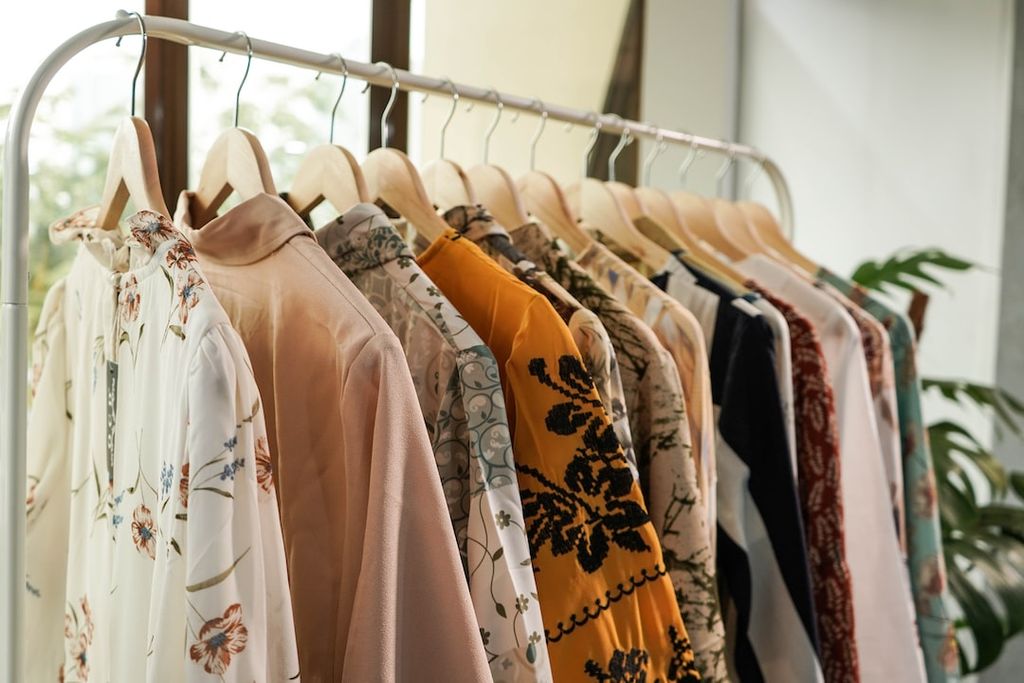The fashion industry is no stranger to challenges, and the US apparel trade with Indonesia is no exception. This article explores the impact of tariffs on this trade relationship, highlighting the effect on Indonesian apparel exporters, the response of US apparel retailers to tariffs, and the role of trade agreements in mitigating trade woes.
Key Takeaways
- Tariffs have had a significant negative effect on Indonesian apparel exporters, leading to a decline in exports to the US.
- US apparel retailers have responded to tariffs by diversifying their sourcing strategies and exploring alternative production locations.
- Trade agreements, such as the ASEAN-US Free Trade Agreement, have played a crucial role in mitigating the trade woes between the US and Indonesia.
- The US-China trade war has also impacted the US apparel trade with Indonesia, as US retailers look for alternatives to Chinese suppliers.
- Despite the challenges, there are opportunities for collaboration and growth in the US apparel trade with Indonesia, particularly in sustainable and ethical fashion.
The Impact of Tariffs on US Apparel Trade with Indonesia
The Effect of Tariffs on Indonesian Apparel Exporters
The impact of tariffs on Indonesian apparel exporters has been significant. Collection agencies have reported an increase in unpaid invoices from US retailers. This has put a strain on the cash flow of Indonesian exporters, making it difficult for them to meet their financial obligations. As a result, some exporters have had to seek alternative financing options or delay payments to their suppliers.
The Response of US Apparel Retailers to Tariffs
US apparel retailers have faced significant challenges in response to the tariffs imposed on apparel imports from Indonesia. These challenges have impacted various aspects of their business operations, including supply chain management, pricing strategies, and customer demand.
The Role of Trade Agreements in Mitigating Trade Woes
Trade agreements play a crucial role in mitigating trade woes between the US and Indonesia. These agreements provide a framework for promoting fair and balanced trade, reducing barriers, and fostering cooperation. By establishing clear rules and regulations, trade agreements create a predictable and stable environment for businesses to engage in cross-border trade. They also facilitate the exchange of goods and services, promoting economic growth and job creation. Additionally, trade agreements can help resolve disputes and provide mechanisms for addressing trade-related issues.
The Impact of Tariffs on US Apparel Trade with Indonesia
Frequently Asked Questions
What is the impact of tariffs on Indonesian apparel exporters?
Tariffs on Indonesian apparel exports to the US have led to a decrease in demand and competitiveness. Exporters are facing higher costs and reduced market access, which has resulted in a decline in export volumes and revenue.
How are US apparel retailers responding to tariffs?
US apparel retailers are grappling with the increased cost of imported goods due to tariffs. Some are absorbing the additional costs, while others are passing them on to consumers through higher retail prices. Retailers are also exploring alternative sourcing options to mitigate the impact of tariffs.
What role do trade agreements play in mitigating trade woes?
Trade agreements can help reduce or eliminate tariffs on apparel trade between countries. By promoting free trade, these agreements create a more favorable environment for exporters and importers, allowing them to expand their market access and increase competitiveness.
Are there any exemptions or exceptions to the tariffs on apparel trade?
Certain apparel products may be eligible for exemptions or exceptions from tariffs based on specific criteria. These criteria may include factors such as the origin of the product, the value of the product, or its classification under certain trade agreements or programs.
What are the potential long-term effects of tariffs on US apparel trade with Indonesia?
The long-term effects of tariffs on US apparel trade with Indonesia can include a shift in sourcing patterns, with US retailers diversifying their supplier base to reduce dependence on Indonesian imports. This can impact the competitiveness of Indonesian exporters and have implications for the overall trade relationship between the two countries.
How can Indonesian apparel exporters adapt to the challenges posed by tariffs?
Indonesian apparel exporters can adapt to the challenges posed by tariffs by focusing on product differentiation, improving efficiency and productivity, exploring new markets, and diversifying their product offerings. They can also leverage trade agreements to access preferential tariff rates with other countries.





